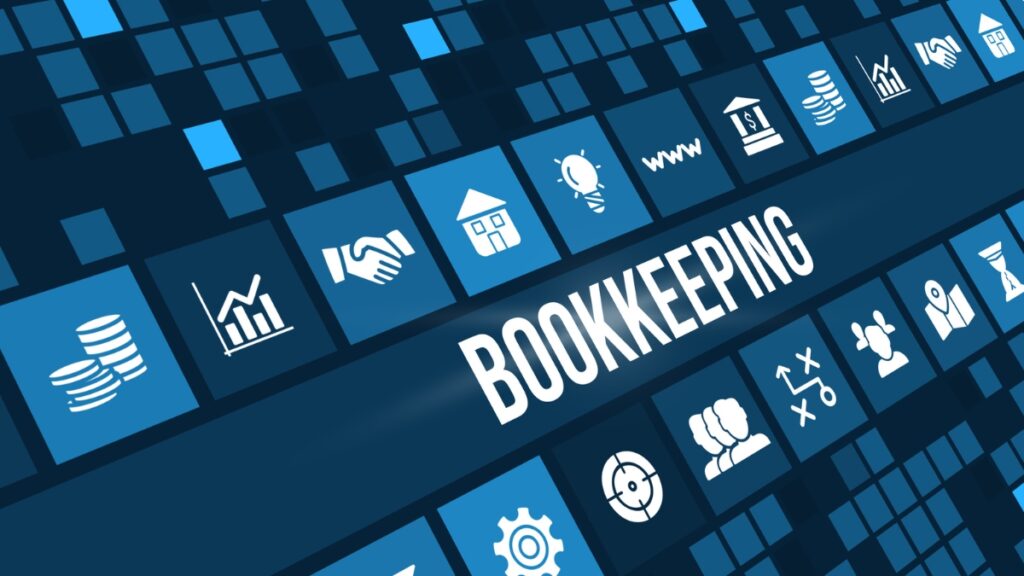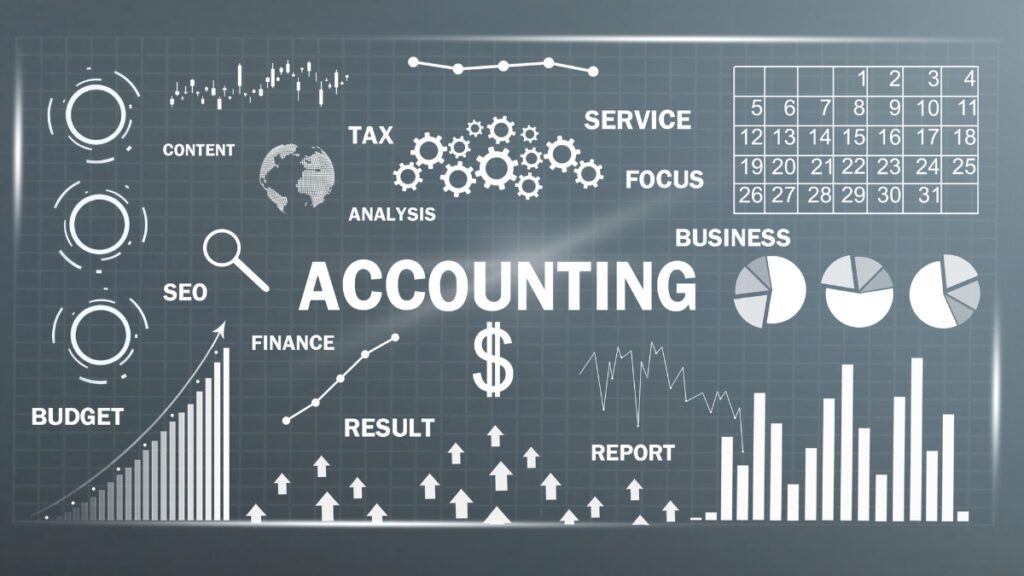
Are You Paying Yourself Properly? A Guide for Small Business Owners and Incorporated Professionals
Salary? Dividends? Draws? If you’re not sure how to pay yourself as a small business owner, this guide breaks it down calmly and clearly.

When managing your business’s finances, you might wonder: Do I need a bookkeeper or an accountant? While both are crucial in keeping your financials in order, they serve different functions. Understanding the difference can help you make the best decision for your business’s financial health in the question of bookkeeper vs accountant.
A bookkeeper is responsible for tracking a business’s day-to-day financial transactions. Their duties typically include:
A bookkeeper ensures that financial records are accurate and up to date, providing a clear picture of your business’s cash flow.

An accountant takes a broader approach to financial management and uses the data prepared by bookkeepers to provide deeper insights. Their responsibilities include:
The right choice depends on your business’s size, complexity, and financial needs:
At Numble, we provide both bookkeeping and accounting services tailored to small businesses. Whether you need help managing everyday transactions or long-term financial planning, we’re here to support you. Plus, Numble was voted the 2024 Readers’ Choice for Accountants in St. Albert, making us a trusted option for your financial needs.
Not sure which service is right for you? Contact Numble today to discuss your business’s financial needs!

Salary? Dividends? Draws? If you’re not sure how to pay yourself as a small business owner, this guide breaks it down calmly and clearly.

June is the perfect time to pause, reset, and make smart financial moves. Here’s how a mid-year check-in can simplify year-end planning.

Got a CRA letter and not sure what it means? This guide explains common notices and helps small business owners take the next step—calmly and clearly.